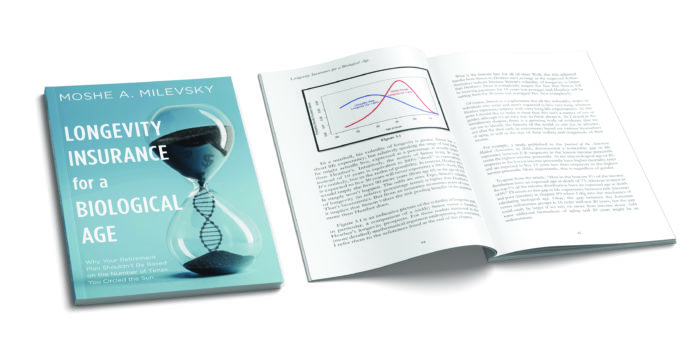Plan for Biological – Not Chronological – Retirement says Schulich Prof

When it comes to planning for retirement, you might want to count steps instead of counting birthdays.
Schulich Finance Professor Moshe Milevsky’s most recent book, Longevity Insurance for a Biological Age: Why Your Retirement Plan Shouldn’t Be Based on the Number of Times You Circled the Sun, states that people should look at their health, lifestyle and genetics instead of the year they were born when planning investments and deciding when to exit the workforce.
“Simply put,” Milevsky says, “biological age is a more accurate assessment of your longevity and the time you will spend in retirement.”
Biological age can vary by 15 to 20 years from chronological age according to Milevsky. If a person is 60 years old, they might have a biological age of 45, which could impact how they should invest with equity and growth assets for retirement as well as the type of insurance and annuity policies they should select.
If you feel younger, you may want to work longer, which impacts life insurance, pension annuities and estimating long-term care needs. Governments will also need to look at ways to gear retirement benefits and entitlements towards biological age instead of the current chronological systems.
Milevsky thinks biological planning will be here sooner than we think, especially if tech companies start embedding biological age estimation AI technology into phones, watches or other wearables.
